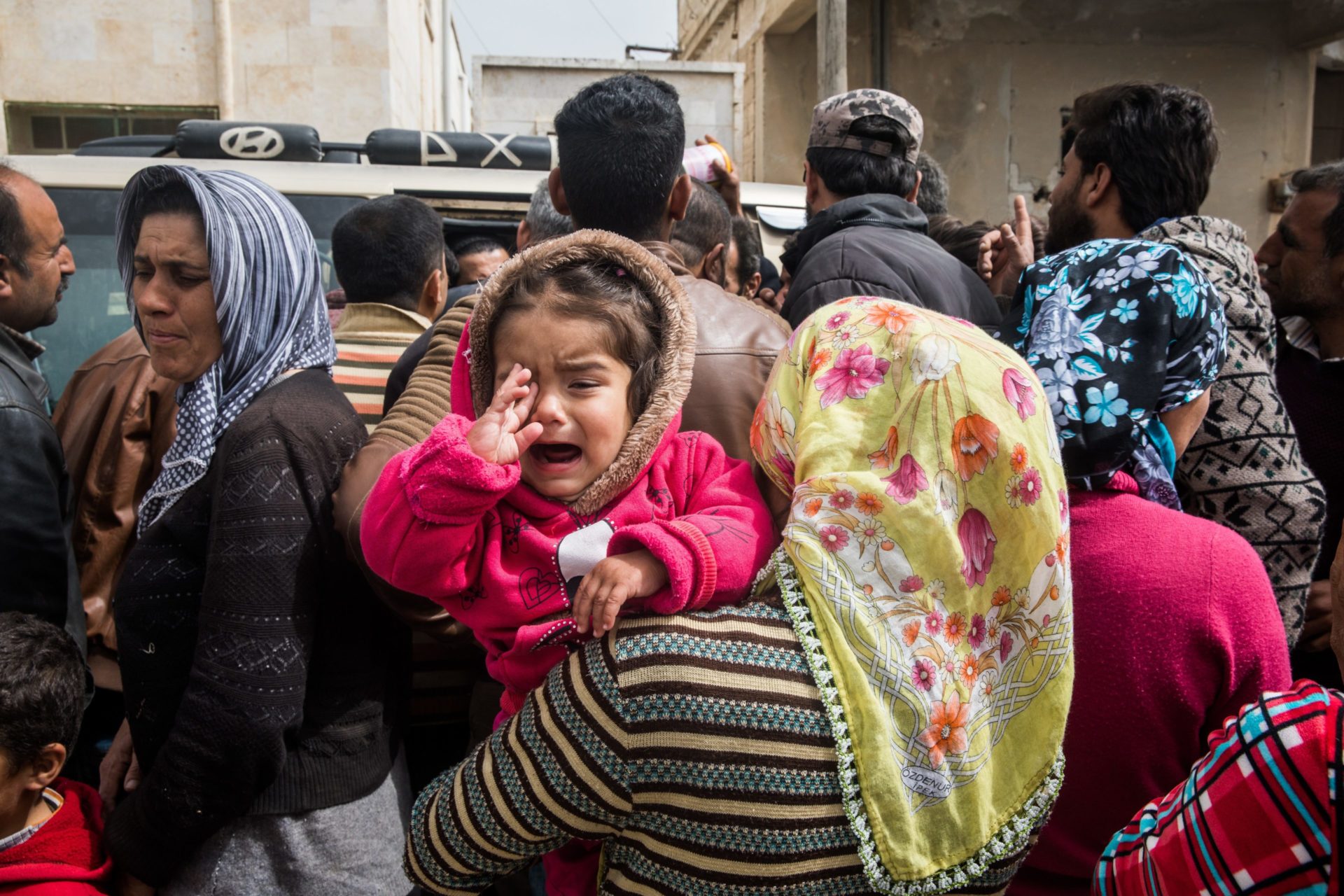
Behind the Rhetoric, Children are Suffering
The photo of Oscar Ramirez and his daughter Valeria, lying face down dead on the bank of the Rio Grande is a staunch reminder that everyday people are risking their lives to leave their home countries to come to America.
“People don’t flee their homes because they want to,” President Nayib Bukele said at a news conference in San Salvador, the capital of El Salvador. “They flee their homes because they feel they have to.”
Poverty, unemployment, rampant violence, and government corruption, has created a steady stream of Salvadorans, like Ramirez and his young daughter, along with people from neighboring Guatemala and Honduras.
However, their dangerous and after traumatic journey does not end once they enter America.
In a desert outside of El Paso, the New York Times reported on a border station housing children in conditions that breed death and disease. There have been outbreaks of scabies, shingles, and chickenpox spreading among the hundreds of children who are detained and separated from their parents on the border. Young children dressed in dirty clothing are forced to sleep on the ground with limited food.
This is not the first time we have seen migrant children having to endure traumatic emotional injury.
A year ago, InterAction publicized similar issues regarding the state of children on the border when the practice of forcibly separating families at our southern border was being implemented.
The experiences that these children are enduring—family separation, the overcrowding of rooms, negligence, abuse, and deeply unsanitary conditions—are not only physically damaging but affect the long-term health of the child.
Lack of love, routine eye contact or play, enforced isolation, or sleeping under extremely difficult conditions, will permanently harm the development of a child’s brain. The children crossing our border are fleeing from places full of violence, crime, and poverty. After surviving a daring and dangerous journey across the border, they are ripped away from their parents, put in a cold cell and are subject to inhumane conditions. This traumatic experience, which children have no control over, happens during one of the most vital times during a human’s life.
Where is our compassion?
Countries around the globe support refugees with compassion and efficiency. Uganda, one of the world’s poorest nations, cares for South Sudanese refugees with extensive services, a welcoming community, and a clear path towards short-term resettlement. I recently traveled to the Brazilian border and was impressed with the immediate effort to integrate Venezuelan refugees into Brazil’s social service system and official record-keeping.
Not only does America, the most wealthy country in the world, have the power to create a more humane and dignified process when refugees and migrants arrive, but we can help address the causes that push these families to flee their countries. Unfortunately, the Administration chose to cut off our foreign assistance to Guatemala, Honduras, and El Salvador.
We need to remember that behind the rhetoric, there are children who are suffering. When we rob these children of their ability to develop properly and dream, the United States stops being a moral example and beacon for human potential.








